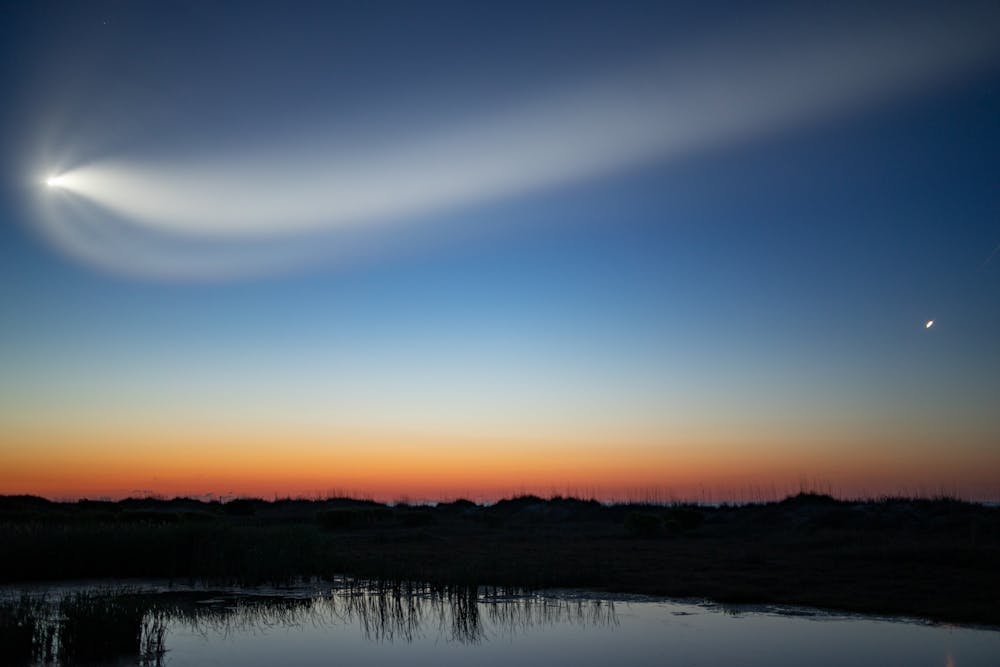IU’s Ostrom Workshop recently received a $200,000 grant to extend its research on governance to the new frontier of outer space. The research will explore possibilities to increase intergovernmental cooperation.
The Ostrom Workshop and its partners from Laval University in Canada will conduct a two-year project on international space administration with a grant from the Carnegie Corporation of New York. The project extends on research conducted with a previous grant in 2020 by applying Elinor Ostrom's theories on governance toward improving management of outer space, executive director Scott Shackelford said.
Once they understand the structure of current space governance, Shackelford said the group’s new research hopes to apply Elinor Ostrom’s theories of polycentric governance to create policy recommendations for future space governance. Polycentricity states that multiple actors can self-organize to solve problems without a centralized authority, he said.
Shackelford, who is also co-leader of the research, said international space treaties have been largely stalled since the 1980s. This leaves few ground rules for the rapidly increasing number of stakeholders in space thanks in part to the rise of private space travel.
“This is an industry worth hundreds of billions (of dollars) a year that only looks like it's going to really explode with this next generation,” he said. “The time is right to really ask some tough questions before it all gets away from us. How do we want to settle these new frontiers in space? What laws should govern? Who should have a say in that?”
Shackelford said coordinated governance in space is essential for preventing collisions between satellites and other objects in space, setting guidelines for private development and addressing the issue of space debris orbiting the Earth.
Although it may seem far removed for some, Shackelford said the way space is governed affects everyday citizens.
“Whenever you make calls and send emails, you're using space-based architecture,” he said. “If you want to check the weather, you’re relying on space. Not to mention the future of our species if we ever want to get off the planet.”
The study will build on the workshop’s 2020 project, which created a database of over 1,500 private, public and nonprofits entities in space and the various treaties and agreements between them, Shackelford said.
“From there, stage two is mapping interactions between actors and coming up with the most complete picture we've ever had of what space governance looks like in the 21st century,” he said.
Jean-Frédéric Morin, political science professor at Laval University and co-lead of the research, said he is hopeful for the potential of their collaboration.
“In my experience, the best insights to understand a particular problem are inspired by a good knowledge of other domains,” he said.
Eytan Tepper, Laval space governance professor and co-lead of the research, said he was excited for the research to provide data to support Ostrom’s theories.
“The Ostrom Workshop is the mecca of polycentric governance,” he said. “Everything is possible. It’s new. It’s outer space. We’re carving a new road as we go.”






